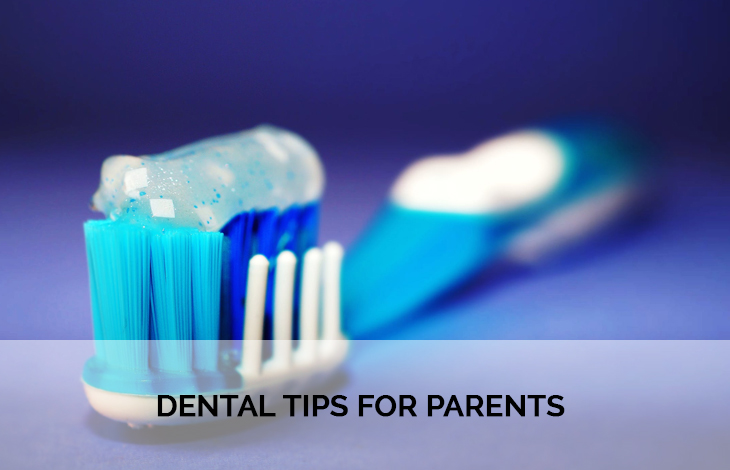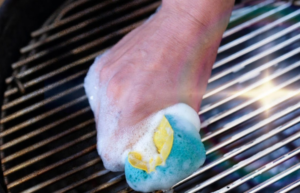Dental Tips for Parents

Dental health for your children is just as important as their overall health, understanding your child’s teeth – including that of their baby teeth is the first step. Sadly, there is still a lack of understanding that dental health begins with the eruption of the very first tooth. Parents need to know how to care for the first tooth to ensure their child has a healthy mouth. Generally, the first tooth erupts at between 4 and 6 months of age, as soon as this happens daily oral hygiene and regular dentist visits are important.
Unfortunately, cases of children getting cavities is increasing, especially in the 2 to 11 years age group.
Children should visit a dentist for the first time within 6 months of the first tooth erupting. This can be accomplished simply by mum or dad holding the baby on their lap, while the dentist has a look inside the baby’s mouth. The dentist can then assess for any decay or abnormalities. Parents then have the chance to ask questions and to be given instructions on how to care for their baby’s mouth/teeth and how to reduce oral bacteria. Parents can be shown that *bushing* their infants teeth is as simple as wiping over the tooth with a face washer or using a small baby size toothbrush.
Limiting your child’s intake of carbohydrates, especially milk and juice is important. It’s the amount of time your baby has access to these sugary liquids and intake that should be monitored especially when given in a bottle or cups around bedtime. If your baby needs to have a bottle before bed, plain tap water is the best option.
As your child continues to grow, your dentist will begin introducing good habits and suggestions for preventing tooth decay, tooth loss and gingivitis. Visit to the dentists in Parramatta for an older child will include an exam, cleaning and instructions on how to floss and to brush teeth properly. If need be the dentist can also review proper nutrition for overall health, and, if your child has started playing sports the right mouth guards to use to protect their teeth.
Remember as parents you play an important role in your child’s dental health, you will need to constantly reinforce good oral hygiene habits such as flossing and brushing. Most importantly you must remember that children learn from you and from watching you, from watching YOUR good dental hygiene habits. Lead by example to demonstrate how important your child’s teeth are to them and will be to them. Caring for their teeth is important for their health in general, today, tomorrow and as they grow into adults.
Your child’s oral care
It’s important to take good care of your child’s baby teeth, while they will eventually fall out, it’s important to look after them until they do. Baby teeth are important, from helping your child to be able to speak clearly to biting and chewing food. Many of the same dental procedures available to adults are available to children such as x-rays, cleaning and orthodontics.
When a child reaches 6 or 7 their baby teeth will begin wiggling and coming loose, let your child wiggle their tooth until it falls out on its own, this will help minimise the pain and bleeding that can occur with a lost tooth.
Cavities can start occurring when those sugar-coated foods are left to stay in the mouth for a long time. Bacteria’s that live on the teeth feast on these bits of left over food and can eat away at the tooth’s enamel. Salvia is there to wash away the acid that builds up between meals, but, if your child is always eating, there might not be time for these acids to get washed away.
Top tips for good dental hygiene during childhood
- Dental visits – your child should see a dentist by his or her first birthday.
- Brushing and flossing – begin adding a small amount of toothpaste to your child’s toothbrush when he or she is around 2 years old. Young children have a tendency to swallow toothpaste rather than spitting it out, so introduce toothpaste only when your child is old enough not to swallow it. As soon as you see two teeth in your child’s mouth are touching introduce them to flossing and floss once a day.







